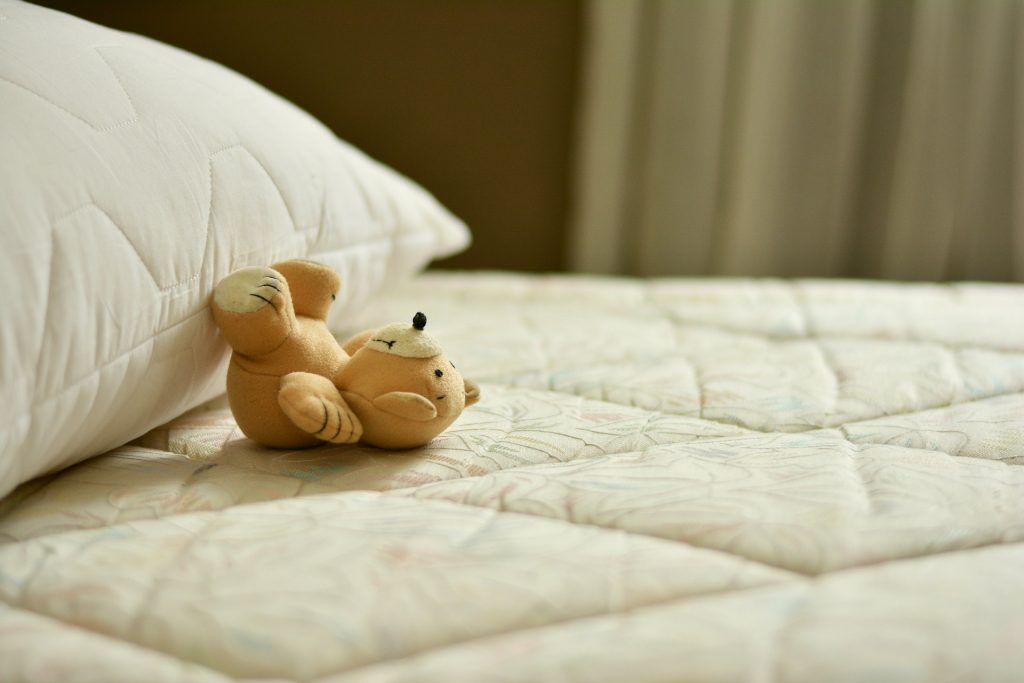Why can’t I sleep? Working with the Sleepio app Week 2

If you’ve seen the first part of this series of blogs, you’ll know that after decades of broken sleep, I have high hopes that the Sleepio app is going to deliver some answers for me.
If you’re one of the 10% with chronic sleep problems, or if you’re going through a difficult time right now with your own sleep or that of others, you may like to tag along.
I’m not going to tell you what happens in detail every week, because it looks like it will be different for everyone. That’s one of the joys of this app. It brings intelligence to analysing my answers so far, and then tailoring where the programme takes me.
At the same time I don’t want to take away the discovery element from you. Not knowing what happens next is part of what will keep me going to the end, I hope. So I won’t spoil it for you.
But here, in general terms, is where I am so far, and what I think of the story to date.
Tracking sleep for the first week
Last week the only task was to keep a sleep diary. I had to record online when I went to bed and fell asleep, how often I woke in the night and for how long, and when I got up. That was enough information for the app to calculate both my average time asleep and my sleep efficiency.
I did surprisingly well last week. I’m guessing that might be something to do with believing that an answer to interrupted sleep is at last in sight. (Although the first night I repeatedly dreamed that I’d woken up and forgotten to take note of the time -which shows how much anxiety I can pack into a night for any reason!)
Moving on – more work to do
Sunday marked the beginning of week 2 of the programme, and it’s a good day to move on as there’s quite a bit of content to watch and interact with.
In this section ‘The Prof’ looked at lifestyle and bedroom environment advice. I was a bit worried about this as I hate any sense that I’m being patronised with standard, obvious information delivered in the a “do this, don’t do that” way.
It was fine though. Although much of the advice was familiar, the science and research behind the thinking validated the arguments. And there’s a constant element of “This would be a good idea but it’s your choice” that permeates all the discussion, leaving you in control of just how well you keep to the programme.
There were some interesting extra nuggets in here too. I didn’t know that being too cold at night can encourage unpleasant dreams, for example.
This was quite a long session, that included a look at my specific issues, which had been picked up through my earlier answers to multiple choice questions. And it’s all delivered in a humorous but intelligent way by the cartoon ‘Prof’.
There’s a lot of work to do this coming week. There’s the sleep diary to keep, as that’s how progress will be measured. There are lifestyle changes to experiment with. There’s a relaxation exercise I can try.
There’s also a task about challenging negative thoughts about sleeping. I will admit that some nights I do wonder if there’s any point in going to bed at all, as I’m only going to get up again in a few hours. That’s the sort of thinking I have to make an effort to address.
Upwards and onwards
So far, though, so good. I am optimistic. The fact that this app has been put together by sleep experts is encouraging, and I’m delighted that it’s recognised what help I need and aims to address it.
I’ll be back next week to report on further progress.
Image by congerdesign from Pixabay
